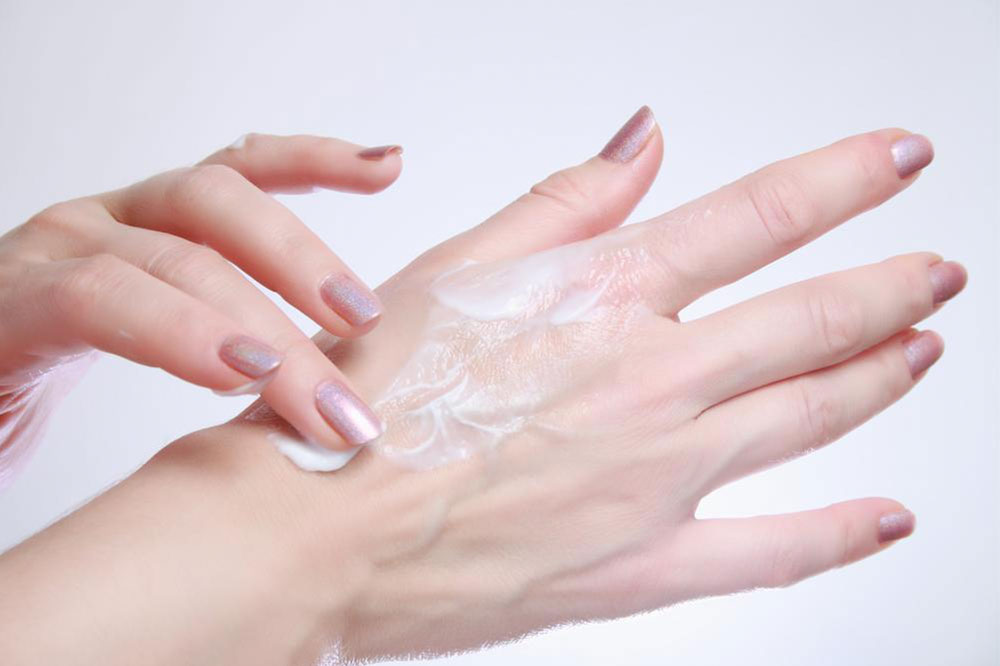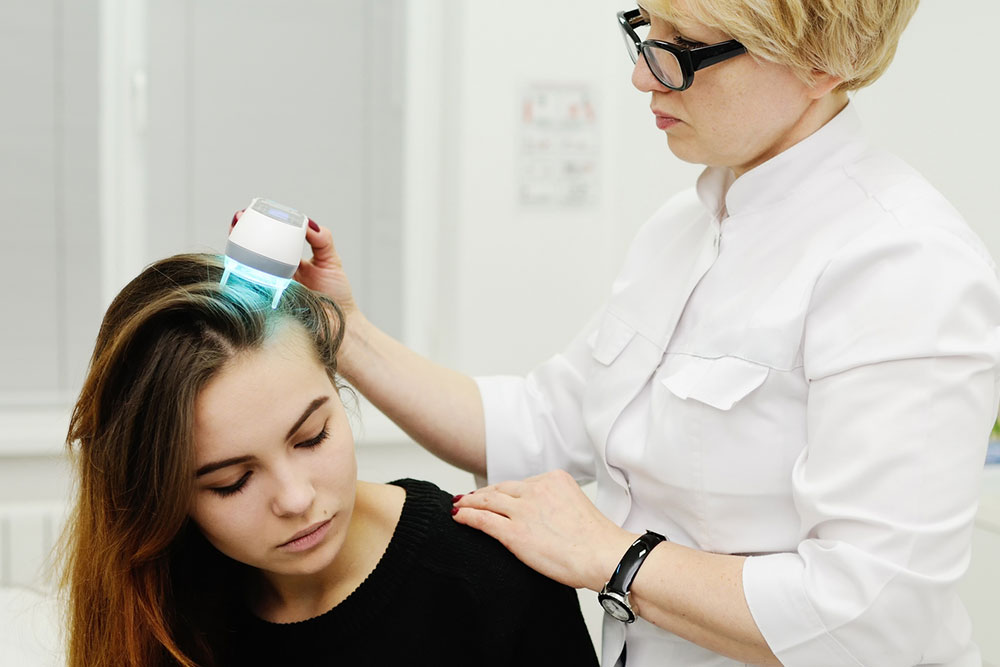Ultimate Guide to Psoriasis: Causes, Symptoms, and Treatment Strategies
This comprehensive article explores psoriasis, a prevalent autoimmune skin condition affecting millions. It details symptoms, causes, and various treatment options, emphasizing the importance of proper medical guidance for effective management. Understand psoriasis to reduce its impact on daily life and improve overall skin health.

Ultimate Guide to Psoriasis: Causes, Symptoms, and Treatment Strategies
Key Insights on Psoriasis
Skin disorders can greatly affect an individual's health and social interactions. Misinformation often leads to misconceptions, with many believing these conditions are contagious or pursuing ineffective remedies. It's important to understand that not all skin issues are contagious, and consulting healthcare providers ensures appropriate management. Proper diagnosis and medical advice are essential to effectively treat psoriasis and prevent complications.
Psoriasis is a chronic autoimmune disease affecting around 7.5 million people nationwide. It causes painful, scaly skin patches that can interfere with daily life and reduce quality of life. This article covers the basics of psoriasis, including symptoms, causes, and treatment options to help manage this condition.
Understanding Psoriasis
Psoriasis is an autoimmune disorder characterized by rapid buildup of skin cells. This leads to thick, silvery plaques, redness, and inflammation on affected areas.
Typically, psoriasis appears as silver-white scales on red, inflamed skin. Commonly affected zones include the scalp, hands, feet, neck, face, and nails. The condition results from accelerated skin cell production — normally taking a month — which speeds up to days, preventing proper shedding and causing buildup.
Symptoms to Watch For
Signs vary based on psoriasis type and severity but often include red, raised patches with silvery scales; dry, cracked, bleeding skin; itching and burning sensations; joint discomfort; and nail pitting or thickening.
Causes of Psoriasis
The exact cause remains unknown but is linked to genetics and immune system issues.
Genetics: Family history increases risk, with about 2-3% inheriting the disease.
Immune Dysfunction: The disorder arises when white blood cells attack healthy skin cells, triggering inflammation, rapid cell growth, and plaque formation.
Treatment Options
Although there is no cure, various therapies can alleviate symptoms:
Topical Treatments: Creams like corticosteroids, salicylic acid, and moisturizers help reduce inflammation and scaling.
Systemic Drugs: Severe cases may need oral or injectable medications such as methotrexate, cyclosporine, retinoids, or biologics to modulate immune responses.
Phototherapy: UV light therapy, including natural sunlight, can slow skin cell growth by targeting overactive immune cells.
Keywords: psoriasis care, skin autoimmune diseases, psoriasis symptoms, skin treatment, psoriasis therapy


